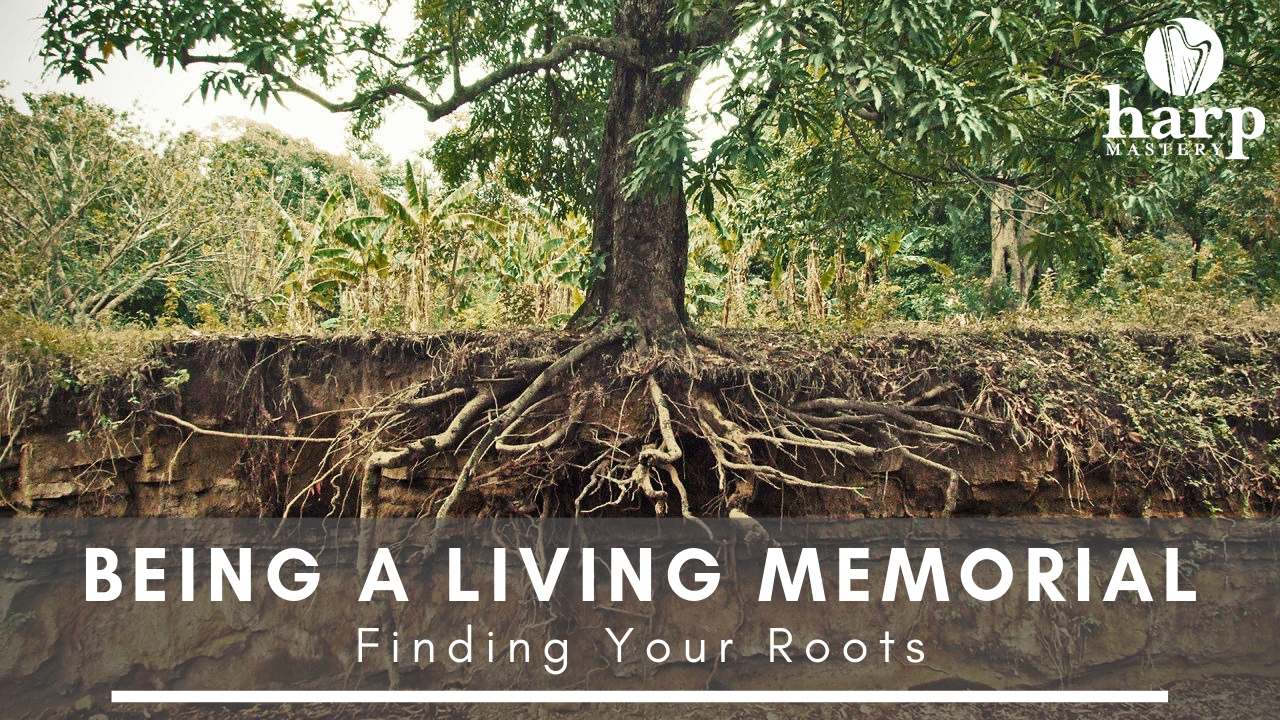Being a Living Memorial: Finding Your Roots

Today in the U.S. we are celebrating Memorial Day.a national holiday to honor the men and women who died serving in the country’s armed forces. Despite the day’s unofficial significance as the beginning of summertime, the holiday celebrations always include solemn ceremonies and commemorations.
When I was a child, the Memorial Day solemnity weighed heavily on me. The sense of loss and grief surrounding the idea of the fallen heroes was inescapable. As I grew older, though, I realized that a memorial is something that keeps the memory of people and events alive; it is a living tribute that celebrates and honors even more than it grieves.
A living memorial, a living tribute is an empowering idea. In this age of shortened news cycles, instantaneous communication and planned obsolescence, it’s too easy to lose sight of our past. We forget our roots, the people and events that we never knew ourselves that nonetheless have had great influence on our lives. Yet what I do in my life, what you do in yours, is a living memorial to who and what came before us; our past is an intrinsic part of our present. We have the choice to embrace it, accept it, reject it or embody it.
Recently everyone in my family did one of those genealogy DNA tests. We thought it would be interesting to trace our roots and possibly connect with distant and as yet unknown relatives. So far it’s been exciting to learn about ancestors that we have in common with distant cousins in other countries. How amazing to be able to make connections this way!
One of the “family trees” I am proud to belong to is my “Harp Family Tree.” I love to trace back through my teacher, and her teachers, and their teachers and discover my links to some of the great harpists in history. It pleases me to think that my own playing is a direct result of instruction handed down through generations of amazing harpists. At the same time, it adds a feeling of obligation that in my own teaching I am mindful of the legacy which I have the opportunity to pass along to the next generation.
The harp world is a small one, and not particularly difficult to research. You can start discovering your harp roots simply by asking your teacher what he or she knows. A little time with Google should help fill in any blanks.
So on this Memorial Day, I would encourage you to think about the harp legacy to which you are a living memorial. What are your connections to the master teachers and performers? You may be surprised to find that those connections are closer than you think.
50% Complete
Two Step
Lorem ipsum dolor sit amet, consectetur adipiscing elit, sed do eiusmod tempor incididunt ut labore et dolore magna aliqua.